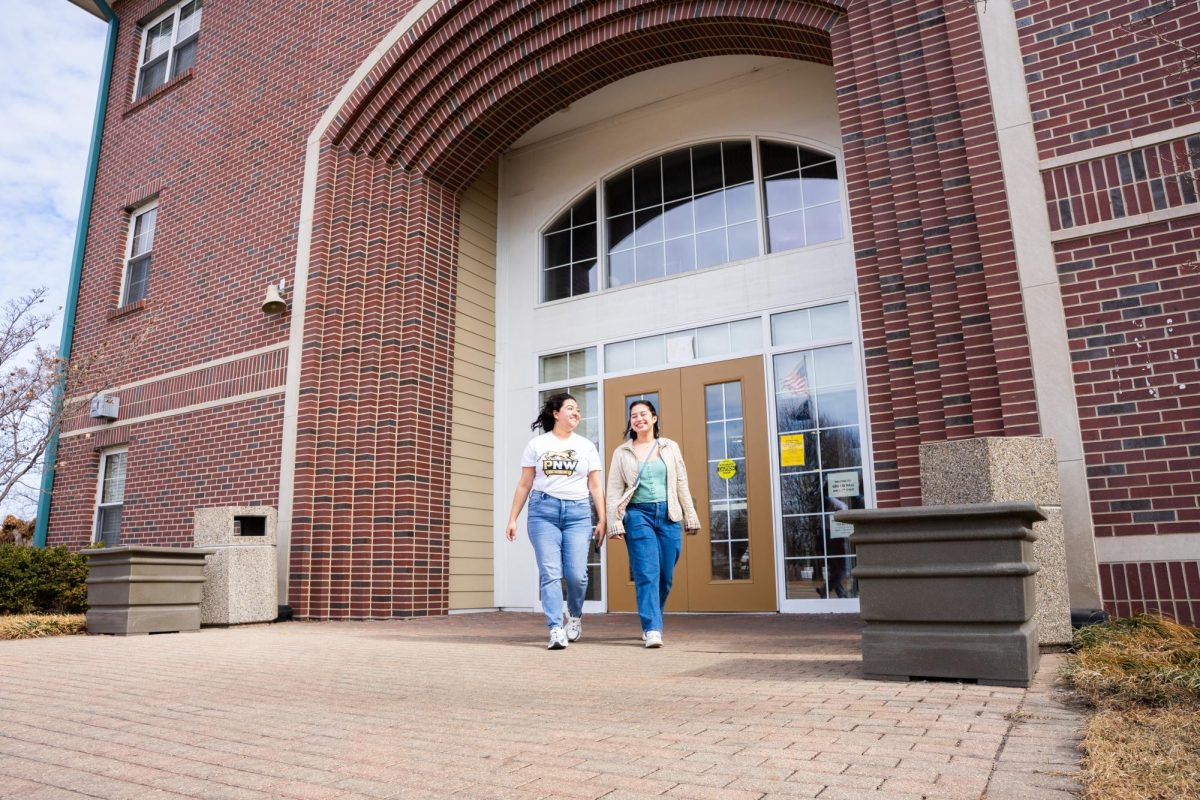
Netflix has cashed in on the success of its true crime documentaries, but PNW faculty and students wonder whether the stories are accurate – or harmful.
“Documentaries are written through the lens of the creators, writers, producers, etc.,” said Nicky Ali Jackson, a professor and Executive Director of the Center for Justice and Post-Exoneration Assistance at PNW. “I know victims whose stories have been featured in a documentary and have heard them say that the show did not represent all the information and was glorified for the audience.
Netflix, more than any other streaming service, has bet big on true crime since it launched “Making a Murderer”, an award-winning series focused on a Wisconsin man who served 18 years after his wrongful conviction for sexual assault and attempted murder. Two years after being released for the wrongful conviction, he was convicted of murdering another woman.
The streaming service has released over 200 true crime series and dramas. They have also won a huge audience. For example, “Dahmer”, which premiered on Netflix in 2022, is among the most-viewed shows ever, reaching over 1 billion hours watched.
“I think there is a lot of curiosity [about] sensationalized crimes,” said Jackson. “The public wants to understand how someone can commit a crime. There is a morbid fascination with crime. I am not saying it is bad to be curious. I am just suggesting that, sometimes, folks want all the details but don’t always get the full details.”
McKayla Benko agrees. A true-crime fan, the senior Elementary Education major suspects that some documentaries may be dramatizing the stories.
“I believe that, in most cases, a good amount of the truth is being told in these series, however due to the entertainment aspect there is content that is not being told truthfully,” she said.
Cathy Gillotti, interim chair of the Department of Communication and Creative Arts, is worried that the focus on true crime may be harming viewers.
“There are decades of media effects research that details the impact of the media on all viewers,” she said. “We must remember that [researchers] found that individuals who consumed media violence were more susceptible to developing ‘mean world syndrome’.”
The term was first used by Communication professor George Gerbner in the 1970s. His research found that people who watch a lot of violence in the media may perceive the world as being more dangerous than it is, which may result in feelings of anxiety, fear and pessimism.
Several students share Gillotti’s concerns.
“I feel … the younger generation shouldn’t be educated by the documentary’s because you can’t fully trust that they are providing all the facts,” said Benko.
Brizeida Bueno, a third-year Applied Math and Statistics major, is concerned that social media can amplify the reach of these shows – and potentially compound the problems and confusion they can cause.
“The public’s reaction … is being magnified by social media,” she said. “I think the media has the right to portray what it wants, excluding blatant lies, and bring attention to important issues and injustices. It is up to the audience to be able to think critically about the information they choose to listen to.”
But Alejandra Rios, [YEAR, MAJOR], believes the true crime genre may be helpful to society by correcting wrongful convictions. For example, following Netflix’s streaming of “The Menendez Brothers” documentary this year, the conviction of Erik and Lyle Menendez for murdering their parents is being revisited by authorities.
“I feel cases always reopen because there was a faulty trial/ injustice, but I do think the more attractive [the alleged murderers] are the more likely people will fight,” said Rios. “If new evidence is brought to light it should 100% be used since it can save someone’s life.”


